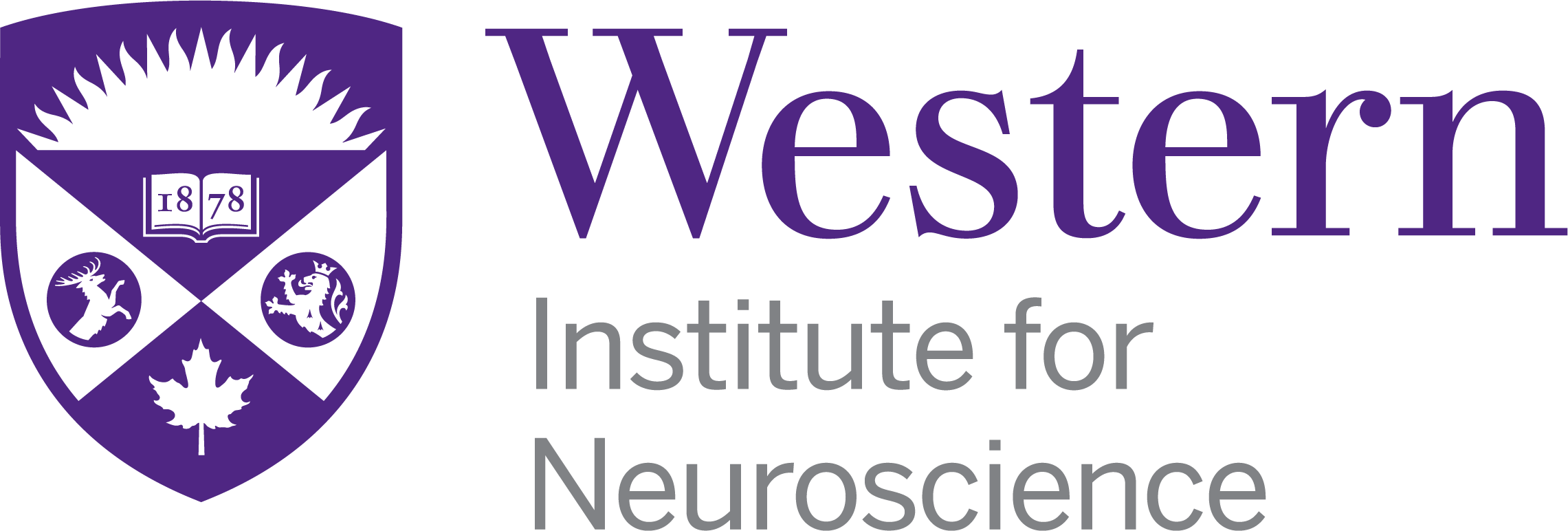Document Type
Article
Publication Date
4-1-2022
Journal
International Journal of Molecular Sciences
Volume
23
Issue
7
URL with Digital Object Identifier
10.3390/ijms23073436
Abstract
Patients with schizophrenia, and rodent models of the disease, both exhibit suppressed neurogenesis, with antipsychotics possibly enhancing neurogenesis in pre-clinical models. Nestin, a cytoskeletal protein, is implicated in neuronal differentiation and adult neurogenesis. We hy-pothesized that schizophrenia pathogenesis involves nestin downregulation; however, few studies have related nestin to schizophrenia. We assessed nestin protein concentration, prepulse inhibition (PPI), and social interaction in the MK-801 model of schizophrenia, with or without antipsychotic (clozapine) treatment. Adult male Sprague–Dawley rats were intraperitoneally administered saline or MK-801 (0.1 mg/kg) to produce a schizophrenia-like phenotype, with concomitant subcutaneous injections of vehicle or clozapine (5 mg/kg). PPI was assessed on days 1, 8, and 15, and social interaction was assessed on day 4. Hippocampus tissue samples were dissected for Western blotting of nestin concentration. MK-801 alone did not alter nestin concentration, while clozapine alone enhanced hippocampal nestin concentration; this effect was not apparent in animals with MK-801 and clozapine co-administration. MK-801 also produced schizophrenia-like PPI disruptions, some of which were reversed by clozapine. Social interaction deficits were not detected in this model. This is the first report of clozapine-induced enhancements of hippocampal nestin concentration that might be mediated by NMDA receptors. Future studies will explore the impact of neurodevelopmental nestin concentration on symptom onset and antipsychotic treatment.

- Citations
- Citation Indexes: 4
- Usage
- Downloads: 28
- Abstract Views: 4
- Captures
- Readers: 18
- Mentions
- Blog Mentions: 1


